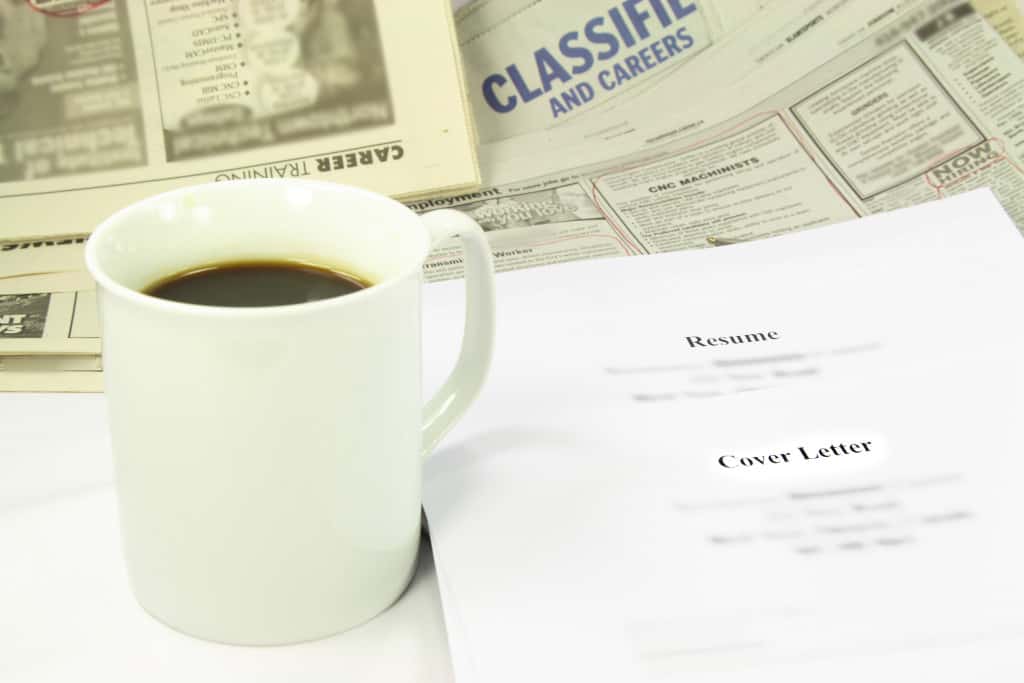
No resume is complete without a cover letter. When applying to any job, always have your cover letter ready to send along with your resume and application. A cover letter is an introduction to you and your resume, and should provide a good first impression to the prospective employer. The easiest way in today’s job market to include your cover letter is to include it in the body of an email if that’s how you’re applying to a job. Or in an online application, if there’s a field for a message to the prospective employer, copy and paste your cover letter in there. Here are some tips for writing a great cover letter:
Be sure you are formatting your cover letter correctly. Your home address goes first at the top, then the date, then the name of the company and person you’re sending your cover letter to (if you know it) and their business address.
If you know who you’re sending the cover letter to, address the letter to them with either Mr. or Ms.; if you don’t know who will be receiving your cover letter, address it to “To Whom It May Concern”.
It is expected that cover letters are written in first-person (using “I”). Don’t start every sentence with the same word or phrase. Use action verbs, similar to your resume.
Keep it short and concise – no more than three paragraphs:
The first paragraph includes the job you are applying for and the most important qualification you have for that job
The second paragraph includes the most impressive qualifications you have: awards you’ve won, accolades (things like being named Employee of the Month), and personality characteristics that make you a good fit for the job (such as: working well as part of a team or independently, communication skills, or doing more than just the job description).
The third paragraph is only how the prospective employer can contact you (include your preferred method of contact, but offer a phone number and email address – be sure your email address is professional, no nicknames).
Your cover letter is your opportunity to sell yourself, your best personality characteristics, and show off your professional accomplishments in a way that your resume cannot. Give some background to your accomplishments, or show your passion for the job you’re applying for. However, keep the tone business-like and professional. You don’t want to seem naive by putting something like, “I am a kind and friendly person who works well with others!” Avoid exclamation points and cliche statements.
Be sure that anything you put in your cover letter can be backed up by real-life experiences and examples. Don’t exaggerate or make anything up – if invited for an interview, you will be asked to discuss things you put into your cover letter and resume.
Edit, edit, edit. Make sure anything you are sending out to a prospective employer has no typos, spelling mistakes, or grammar errors.
Now that you know how to write a great cover letter and resume (click here for our article on writing a great resume), check out the April issue of the newsletter for tips on a great interview!


